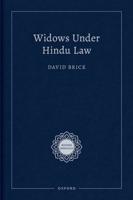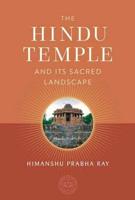Publisher's Synopsis
The Manusmriti is the laws of Manu. It is the most important religious book for the Hindus. It is to be followed by all Hindus irrespective of their castes or creeds. It is a law of all the social classes. The Manusmriti is believed to be the words of Brahma, the Lord. Maharaja Manu is the standpoint of reference for all future Dharmshastras that followed it.
The Manusmriti translated as the "Laws of Manu" or the "Institutions of Manu" is the most important and authoritative Hindu Law Book (Dharmshastra) which served as a foundation work on Hindu law and Jurisprudence in ancient India. Until the modern times, it was the standard reference for adjudicating civil and criminal cases by both the rulers who patronized Vedic faith and the people who practised Hinduism. Hinduism has many law books. Of them, the Manusmriti is certainly the most popular and authoritative work.
The people of ancient India believed in the order and regulation of the world as the manifestation of God's will and intent. They believe in the clear victory of the divine forces over the demonic. Hence, the laws governing the conduct of individual and regulating the Hindu society were formulated by many scholars and sages in ancient India since the earliest time. Their works are today available to us as Dharmshastras, of which the work of Manu (The Manusmriti) is considered the most important and widely used.
The Manusmriti projects an ideal society. It projects ideal human conduct. It gives the ideal base to establish an orderly society. It teaches us to lead a divine centred and happy life. To promote these ideals and enforce divine will, it proposes numerous laws to minutely govern human life and conduct as applicable to their social classes, duties and responsibilities. Its purpose is to inculcate discipline in people. It provides a basis for the rulers to enforce lawful conduct. It ensures the order in progression of the world through righteous conduct and observation of obligatory duties by individuals who have chosen for themselves the life of a householder or that of a renouncing.



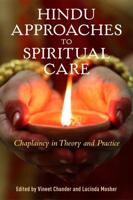
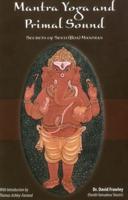
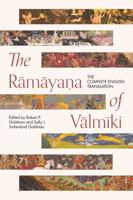

![Bhagavad Gita As It Is [Gujarati Language]](/jacket/200x200/9789382176435.jpg)
